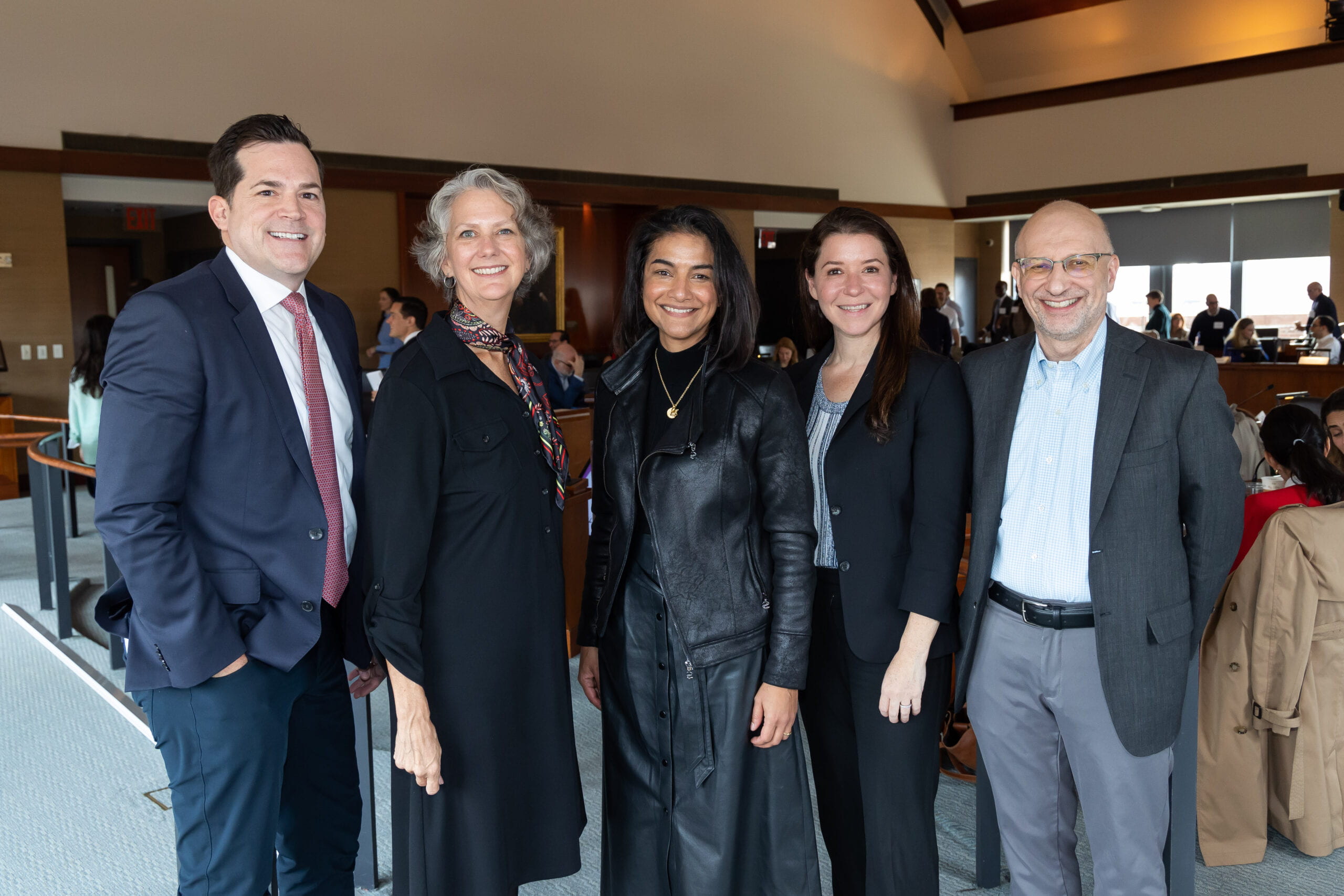
Professor Katja Langenbucher (photo courtesy of author)
The quality of a credit scoring model depends on the data it has access to. Yesterday, the European Court of Justice (ECJ) decided its first landmark case on data protection in a credit-scoring situation. The court issued a preliminary ruling involving a consumer’s request to disclose credit-score related data against a German company (“Schufa”). The practice of credit reporting and credit scoring varies enormously across Europe. Somewhat similar to the US, the UK knows separate credit reporting and scoring agencies. In France, the central bank manages a centralized database that is accessible to credit institutions, which establish their own proprietary scoring models. In Germany, a private company (the “Schufa”) has a de facto monopoly, holding data on 68 million German citizens and establishing the enormously wide-spread “Schufa”-score. Banks look to that score when extending credit, as do landlords, mobile phone companies, utility suppliers, and, sometimes, potential employers. This every-day use stands in stark contrast with a lack of transparency as to which data Schufa collects and how it models the score.









